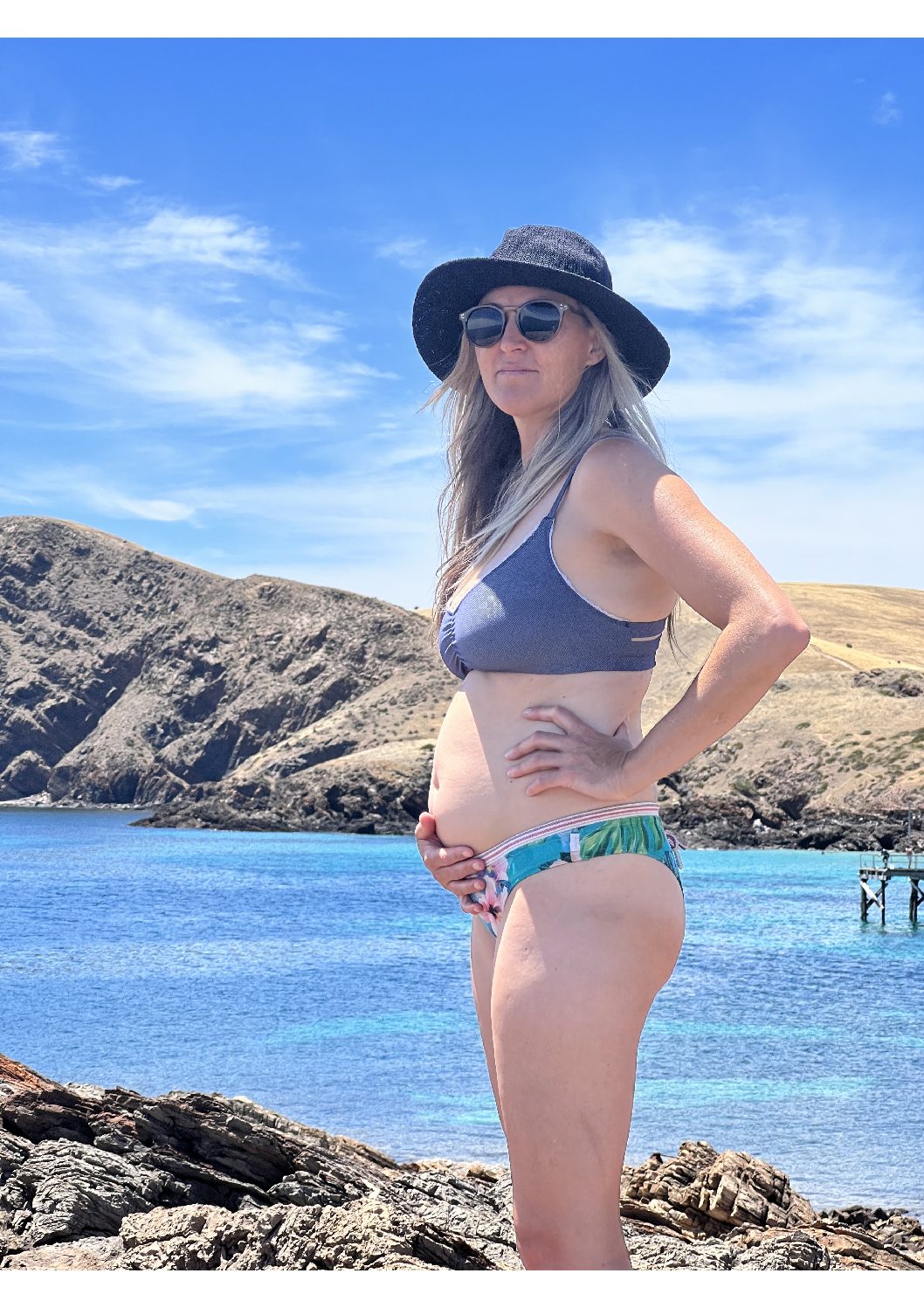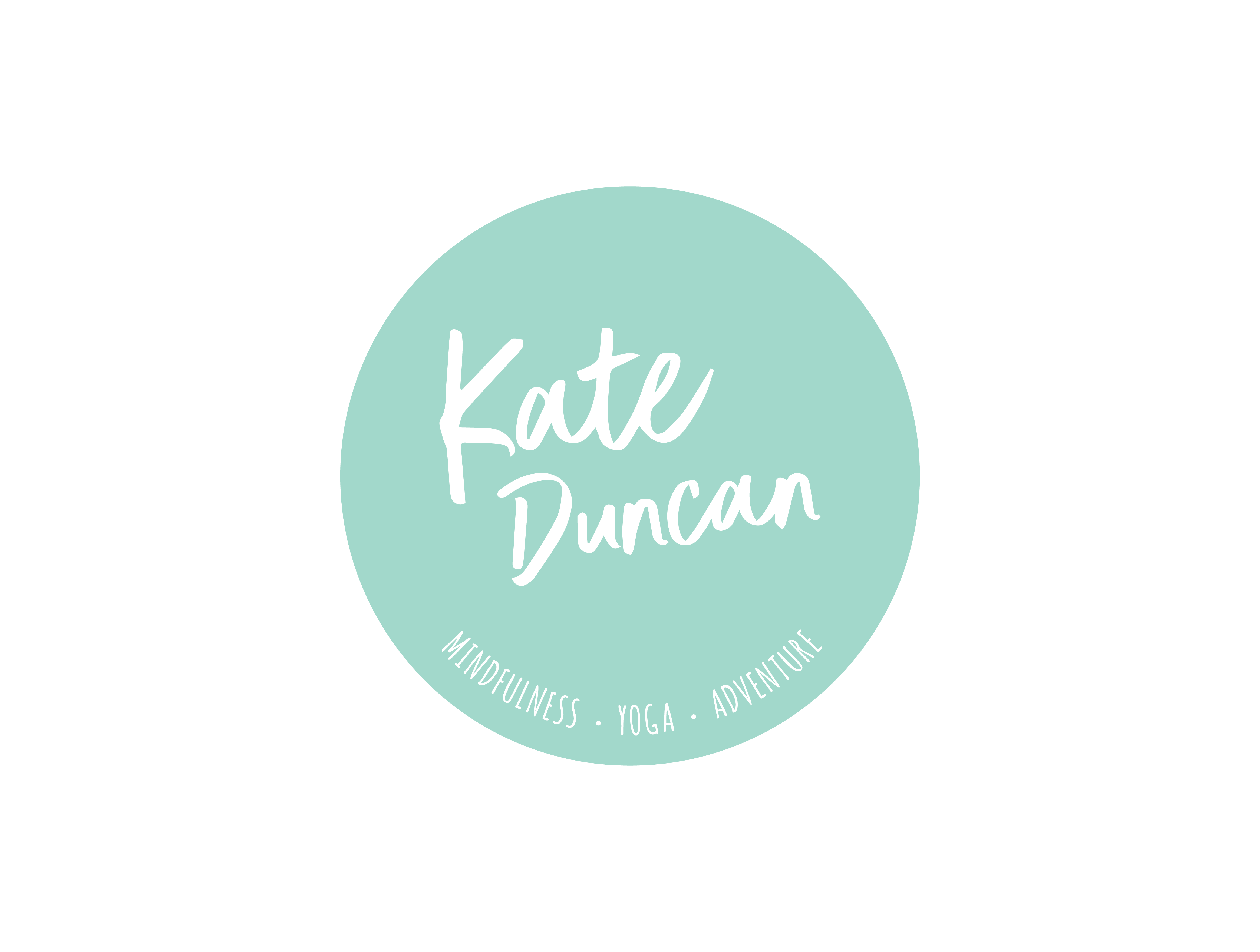Usually, at the beginning of my live events, I tell a version of my story. Since Heal & Reset is all about tension, stress and anxiety, the tale I tell at these retreats is the one about my paramedic resignation.
During a recent Heal & Reset retreat, as I began to tell that version I felt the awkward tightening in my throat that meant tears were imminent. I choked on my words, stopped short, closed my eyes and clenched my hands.
“I’m feeling a little emotional this morning”, I said, and tired to laugh it off. Emotion filled the room. Not just mine, but theirs too. It was electrically silent, the space between us crackling with stillness as they waited for what I had to say.
I launched into my normal story. How I’d been a happy person, how anxiety hit my previously relaxed 33 year old body seemingly out of nowhere, and how the last three years had been a long and frustrating journey. Except this time I told a much more in-depth version: and it felt so good.
For the eighteen months after I resigned I was working on a book about being a paramedic, so I’ve written about all of it in great detail there. Yet, after the retreat, I realised that I’ve not shared any of what I wrote. I often include little snippets here and there, but I’ve not publicly told the whole thing.
Yet, it is an important story. Maybe the most important story, and so I offer it to you now. I offer it not for your sympathy. I am well and thriving and not in need if that. I offer it instead for increased understanding and awareness. And for decreased judgment, prejudice and stigmatisation.
As I’ve said many times, stress anxiety and tension aren’t personal… it’s simply a human body doing it’s thing.
A brief history
I spent the first 15 years of my adult life in Northern California. By age 21 I was in EMT school, and working on ambulances shortly after that. I became a paramedic and then a firefighter paramedic and worked mostly in Sacramento. As all paramedics do, I attended many horrific accidents, deaths, and acts of violence over the years.
At first it was more exciting than anything else. Paramedics, cops, soldiers and anyone in adrenalised and traumatic environments generally love what they do and thrive on the excitement. I was no exception.
When terrible things happened, I would come home and do what I believed where all the right things. I cried, grieved, even talked about it if I wanted to. And when I was around 26 I stumbled across Buddhist Philosophy and meditation and started to develop even better skills for understanding life.
As the years went on I began to miss my family. To make a very long story short (this is a different story to be told another time), I decided to come back to Australia. I initially enjoyed a six month sabbatical living in a van with Bobo and surfing the east and south coasts of Australia.
Then, I took a position as an Intensive Care Paramedic in Sydney, otherwise known as an IC. I lasted in Sydney only a year. Six months into that year, I attended a call that changed everything.
The straw that broke the camels back
It was February of 2016 and I had picked up an extra shift at a station known for its sleepiness. It was three am when the phone rang and the duty paramedic knocked on my door.
“Kate”, she’d said, “its for the IC”. My heart was already beating wildly as I put my boots on and grabbed my keys. It’s a funny thing, but I could already feel that it was going to be a big one. What I didn’t know however, was that it would be the one that broke me.
I’d seen some horrific accidents in my time, but this was my first real-deal wreck in Sydney. As we drove up to the scene I could feel my belly squirming. My mind was in a kind of shock of its own as it took in the mangled mess. In fact, we were all stunned: the cops, the bystanders, and our ambulance crews, and it took a moment to get everyone moving.
The inhabitants of the mangled vehicle were either unconscious or already dead. As the IC, it was my responsibility to make the decisions and call the shots. I chose the man I believed to have the most chance of survival. I had the firefighters use the jaws of life to cut him out first, and load him onto our stretcher.
We did everything we could for his failing body. Despite all of our efforts, he died in the ambulance as we watched.
As a paramedic, I’ve watched people die before, but this was different. I’ve written about his death many times, and thought about it a hundred times more than I’ve written it. I’m choosing here to keep the details to myself, to spare you the same graphic that I will always have behind my closed lids, but what I want to share is this…
Something in me switched that night and I could actually feel it happen. It was as if my relationship to death had changed. I no longer wanted to stop the death, to work around it, I wanted simply to be there to witness death, and I wanted to grieve.
It’s difficult to explain, but looking back I think I felt like had been denied grief for too long, that I no longer wished to stand by and let all these deaths go unacknowledged, to let all of my sadness go unacknowledged with them.
The tension begins
I’m not sure exactly when my jaw began to tighten. It was subtle at first. But as time went on it increased its clenching until my teeth ached, until the insides of my cheeks had long lines from where my top and bottom rows bit together in my sleep. It stretched out into my neck, wrapped across my shoulders and rounded them forward to enclose my chest. My breath became shorter, more shallow, and my hands began to clasp.
After a while, I would wake to a whole body clenching, and I would have to spend my morning undoing what the night had done. Breathing exercises, meditation, a walk with Bobo or a sunny surf.
As someone who had practiced meditation and studied Buddhist philosophy for ten years I was at a loss. I was a yoga teacher, I’d read every self help book under the planet, and nothing I was doing was reversing the tension as it came.
It grew and grew until it was all I could think about, until my world narrowed in around me. Did I need to quit? The universe seemed onboard with throwing all the worst at me. Hangings, young husbands dying on beautiful wives, wives dying on husbands. A father dying in front of his screaming children.
After each one of these scenes my body would clench a little more. I suppose what it was trying to say was, “Enough, Kate, enough”. But where my body was clear, my mind was confused. This was what I’d always done. What would I do instead? How would I afford to live?
Finally, my body had enough. And after a very long night of calls from hell (again, a story for another time), my body exhausted its months of clenching. It chose a very awkward time to do so, collapsing onto the concrete floor outside an elderly patients house while she clambered up into the ambulance. My partner closed the ambulance door and distracted the not-very-sick patient while I sobbed uncontrollably. It was the first time I had ever cried on the scene of a call.
And that was it. I tired to return a couple of times but I was done. After my house flooded (seriously, yet another story for another time), I put the rest of my things in storage and moved back to my Mum’s.
The after-anxiety
I mistakenly assumed that when I resigned, the clenching in my body would go away. But it didn’t. This brought with it a frustration that I can’t even begin to explain. And as you could imagine, frustration isn’t the best thing for anxiety.
I was ashamed.
I felt like I had failed as a human being.
I felt like if I had been a really good person, if I had been truly compassionate, then I should have been able to see the worlds suffering and still been ok.
I later saw that I had been struggling to offer compassion to the one place that really needed it. To the self.
Can you relate?
I was also ashamed of being anxious.
If felt like I had failed as a spiritual being.
I felt like if I had been a really awake person then I should be in a relaxed body, one at ease with all that was arising and passing away around me.
I later saw that I was struggling to accept what was truly arising in the moment now: anxiety. A traumatised and nervous body that due to causes and conditions, had come to feel unsafe in the world.
Words, stigma and reality
I have never received a formal diagnosis of PTSD, though I experience many of its symptoms. Mostly, its because I don’t like labels or assumptions. It is also because I don’t believe that the grief or physical tension that I experience is a disorder. I believe it is my human body’s appropriate response to the frightening things it has seen, and I so I nurture each symptom accordingly.
You see, anxiety, tension and worry are the manifestations of a human body, and a nervous system, that is trying to keep itself safe.
Its nothing to be ashamed of, and it’s not actually personal. In the past, I’ve gotten judgmental with myself when my jaw starts to tighten or my hands clench, but this time I caught it for simply what it was: A hopped up, overprotective nervous system.
And that I can appreciate, admire even. Sometimes when I feel triggered I simply place my hand over my heart and sendand kindness to my body. “We’re safe” I whisper, ” it’s ok”
What next, then?
I love how the most difficult things in our lives are opportunities for wisdom. We get to take all the beautiful teachings we’ve learned over the years and embody them. If I hadn’t experienced these last few years then I would’ve stayed that cocky little shit that thought life, and her own spirituality, was perfect.
I would have wondered what was wrong with people who said they were too depressed to get out of bed, or too anxious to leave the house. Now I understand that such things can bless you out of nowhere: that each one of us is only a few causes and conditions from experiencing any of life’s possibilities for ourselves. Death, loss, grief, loneliness.
We all inhabit a human body and that means that sometimes we’ll be tested. And it isn’t what happens that matters, its how you respond.
I was inspired to write these posts on the highly stigmatised but natural process of stress and anxiety after the success of my Heal and Reset retreats. I’ve written them to share the tools and resources I’ve learned so you can soothe your body and reverse physical manifestations of stress, or prevent anxiety from happening to you.
Maybe it will even help you to understand more, and to judge a little less.
Catch my next post on how the nervous system works (in relation to stress and fear) here.




